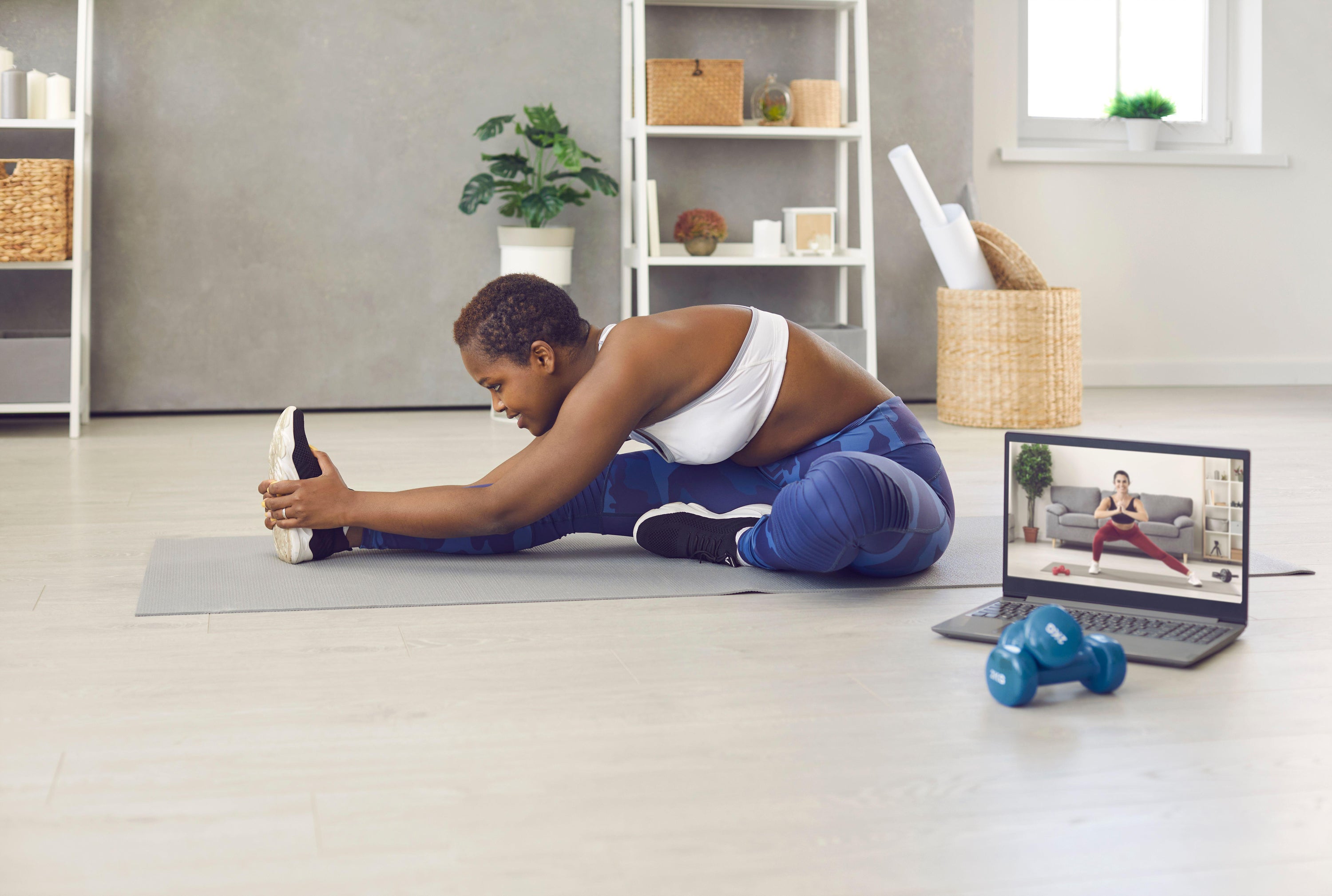Researchers find TikTok fitness videos cause negative body image issues
‘We found that the majority of the videos perpetuated negative messages,’ scientists say

A recent study has revealed that TikTok fitness videos may have myriad negative impacts on viewers.
According to a recent study by Australia’s Flinders University researchers, “Fitspo” (fitness inspiration) content on TikTok may worsen body image issues. Defined as “images and videos that aim to inspire individuals to live an active and healthy lifestyle through diet and exercise,” Fitspo has academics concerned about impressionable young minds, particularly given TikTok’s huge teenage user base.
“Our study highlights concern about the triggering and misleading information portrayed by unqualified influencers and that we need far greater scrutiny of the TikTok fitness community,” lead author Samantha Pryde said in a statement, adding that it also contributes to the over-sexualization of women. “TikTok fitspiration videos often promote an idealized view of body types and there is concern that this is causing negative body image issues especially in young women.”
After analyzing 200 TikTok fitspiration videos using popular hashtags – including fitness, fitspo, gymtok, and fittok – the team found that over 60 percent contained incorrect or harmful information related to diet, health, and fitness. Most of these videos were posted by unqualified fitness influencers.
Social scientist and study co-author Eva Kemps added, "Worryingly, we found that the vast majority of influencers behind the content lacked credible health and fitness qualifications, underscoring a pervasive issue where influencer popularity overshadows the accuracy and safety of the information they provide.”
According to their discoveries, 55.7 percent of the content featured heavily sexualized or objectified women. Their body parts were specifically objectified as well, especially thighs and buttocks, perpetuating the idea female body type needed to be thin and fit.

“TikTok fitspiration videos often promote an idealized view of body types and there is concern that this is causing negative body image issues especially in young women,” Pryde noted, adding that it was more detrimental to female audiences than male. “The content typically showcased and promoted an ideal ‘thin’ body type, indicating that thinness is still a key driver of body issues for women that can negatively impact their physical and mental health.”
Men were also objectified in these videos, with many of the influencers in the videos tending to be overly muscular, promoting dehydrated bodies over strong ones. 20 percent of all content contained body shaming, and 8.6 percent promoted disordered eating habits.
“This evolving objectification raises concerns about the impact of fitspiration on male body image as well, with increasing evidence suggesting that male viewers are similarly affected by idealized imagery,” Pryde added. “Alarmingly, we found that the majority of the videos perpetuated negative messages, including sexualization, body shaming and excessive dieting.”
Their team cautioned platforms to closely monitor fitspo pages to curb negative body image issues as well as making sure to foster healthier views on fitness.
The Independent has contacted TikTok for comment.
Join our commenting forum
Join thought-provoking conversations, follow other Independent readers and see their replies
Comments
Bookmark popover
Removed from bookmarks